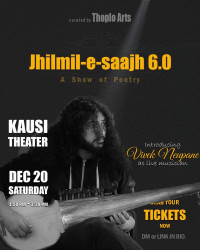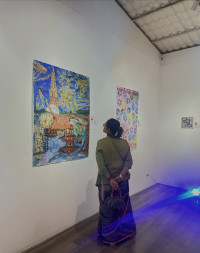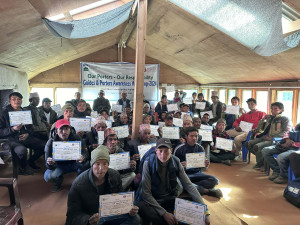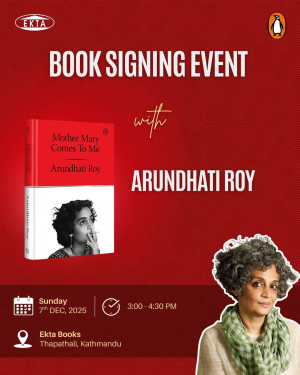Culture & Lifestyle
Love your heart: Exercise
There is no excuse for not finding the time to exercise your heart. You can find 30 minutes to get your heart pumping, no matter how hectic your schedule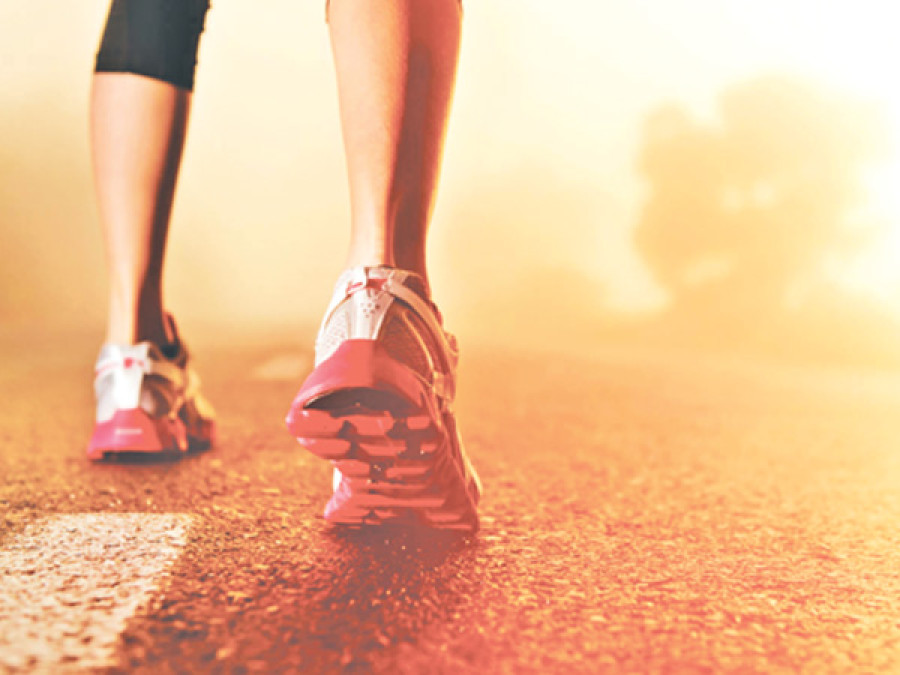
Krishna Bhandari
Many people think that heart diseases are only prevalent among rich people. This is a misconception. Although about 60 percent of Nepal’s population still lives in villages, significant numbers have started living in urban areas or are picking up on the urban lifestyle—that is, a largely unhealthy lifestyle. In the coming 15 -20 years nearly 80 percent of Nepalis will probably live in the cities. Sedentary lifestyles, stress, pollution (air, noise, water), increased consumption of fast food, smoking, alcohol intake and obesity all adversely affect the heart. And when you live in cramped concrete jungles and do not exercise regularly, you will soon find heart diseases and the attendant problems become a part of your life.
The old adage “prevention is better than cure” holds true, especially when it comes to heart problems. The risk factors pertaining to the heart can be divided into the modifiable and non-modifiable categories. Modifiable factors can be controlled, and if you control them, you up your chances of not having cardiac problems now or later on in life.
To minimise those modifiable risk factors and keep heart diseases at bay, the best thing you can do is opt for a regular exercise regimen. If you live in the city and your days are hectic, you probably do not have the time to walk 2 - 3 hours every day, but you should be able to spare time for at least 30 minutes of brisk walks at least three days a week. For most people, even that amount of exercise should prove beneficial to their heart. So at a minimum, you need to find the time to kick you heart rate up into higher gear at least three times a week.
Many people don’t seem to understand the difference between a brisk walk and a lazy stroll. One day, when I was talking to a patient about preventive measures and stressing the need to exercise regularly, he replied, “But doctor saab, I walk every day. Two hours in the morning and two hours at night. And yet I have seen no loss of weight or improvement in my blood pressure and blood sugar levels.”
When I asked him to describe how he conducted these walks, he pretty much described an easy-paced stroll. That sort of leisurely stroll is not what we doctors mean by exercising your heart. You need to get your heart pumping into a state above your usual basal, resting rate.
When you get your heart pumping, the benefits accrue to other systems of the body as well. When you walk briskly, jog or run, you also give your vascular system a workout, which helps all
the other systems in your body. Conversely, if you do not exercise your heart,
you can develop problems with the kidneys and the brain (strokes).
It’s probably because we are living more sedentary lifestyles that heart problems are now being seen in younger people. In my practice, I have come across people who at the age of 25 have already undergone a bypass surgery after having suffered a heart attack. You do not want to turn into one of those people.
That is why many of us doctors stress the need to take preventative measures to stave off heart problems. Despite many of my patients’ complaining about not finding the time nor the space to work out, I make it a point to urge them to exercise, regardless. Many of them think that merely eating a healthy diet and refraining from smoking and imbibing alcohol is enough. That is tantamount to taking the lazy way out. Make time for your heart: if you work inside a tall building, take the stairs instead of the elevator; if you can run to the grocery store, do it; if you are an early riser who is relatively healthy, do some cardio workout in morning—do some jumping jacks, skip a rope, some quick squats. And if you can’t do the more strenuous workouts, then like I said, at least do some brisk walking. Not lazy strolling. Pick up the pace.
Dr Bhandari is a cardiac surgeon at Shahid Gangalal Health Centre, Bansbari, Kathmandu




 9.12°C Kathmandu
9.12°C Kathmandu



